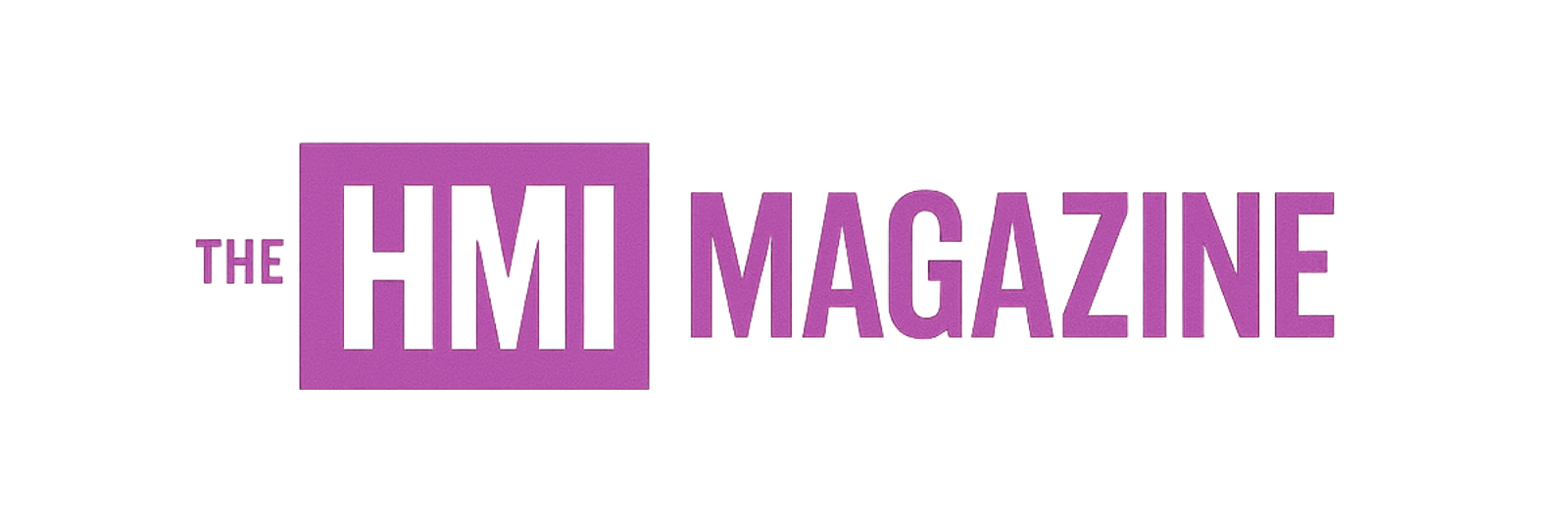A Featured Article for HMI Magazine’s Business Section
The digital era has revolutionized the global music industry, and Haitian music is no exception. With platforms like iTunes, Haitian artists now have unprecedented access to international markets, wider audiences, and new revenue streams. But while iTunes has provided many opportunities, it has also presented challenges for traditional Haitian artists and the broader Haitian Music Industry (HMI).
This article explores the pros and cons of iTunes’ influence on Haitian music, distribution, and artist earnings.
📈 The Pros: How iTunes Benefits the Haitian Music Industry
1. Global Exposure & Market Expansion
iTunes has allowed Haitian artists to break out of local markets and gain recognition worldwide. Traditionally, Haitian music was regionalized, with most artists relying on physical sales, radio play, and live performances to build their careers. With iTunes, even independent Haitian musicians can distribute their music internationally, reaching fans in the United States, Canada, France, the Caribbean, and beyond.
🔹 Example: Kompa legends like Tabou Combo, Magnum Band, Carimi, T-Vice, Nu Look, Klass, and Harmonik now sell music directly to a global audience, increasing their fan base.
2. Direct Revenue & Digital Sales
Before digital platforms, Haitian artists struggled with CD sales and piracy, making it challenging to generate a steady income. iTunes provides:
✅ Monetized music sales – Artists can sell their singles and albums for $0.99 – $14.99 per purchase.
✅ Fairer royalties – While streaming platforms pay fractions of a cent per play, iTunes allows direct purchase revenue from fans who support Haitian music.
✅ No middlemen – Artists can self-publish their music, avoiding traditional record label constraints.
3. Legitimizing Haitian Music in the Global Digital Market
Having Kompa, Zouk, Rasin, and Rap Kreyòl available on iTunes legitimizes the Haitian music industry globally. This digital presence encourages music critics, DJs, and event promoters to recognize Haitian artists, leading to:
✅ More bookings for international shows.
✅ Increased radio and playlist placements.
✅ Stronger partnerships with global music brands.
🔹 Example: The success of artists like Wyclef Jean, J. Perry, and Michael Brun is partly due to their ability to market their music on global platforms like iTunes.
⚠️ The Cons: The Challenges iTunes Presents to Haitian Music
1. Decline of Physical Sales & Traditional Distributors
Before iTunes and streaming, Haitian music was primarily sold through CDs and DVDs, distributed by local businesses and music stores. The rise of digital downloads has led to:
❌ Fewer physical album sales – Traditional music distributors struggle to compete.
❌ Lost revenue for small Haitian businesses that once profited from selling CDs at record shops, flea markets, and local events.
❌ Piracy concerns – Many fans in Haiti and the diaspora still prefer downloading music illegally rather than paying for it.
🔹 Example: Older fans who are not tech-savvy prefer CDs, but with declining production, they are forced to rely on radio stations or pirated MP3 files.
2. iTunes Revenue Still Favors Bigger Artists
Although iTunes offers direct sales, most of the revenue still benefits well-known or globally established artists. Independent Haitian musicians face challenges:
❌ Lack of visibility on the iTunes charts – Kompa and Haitian music are not always prioritized on global playlists.
❌ Marketing costs – Artists must invest in digital promotion to compete with mainstream genres.
❌ Lower digital adoption in Haiti – Many Haitian fans lack credit cards or Apple IDs, limiting their ability to buy music legally.
🔹 Example: While major Haitian artists like T-Vice or Roody Roodboy benefit from iTunes sales, smaller underground artists struggle to stand out without major promotional backing.
3. Cultural Shift & The Death of Traditional Music Consumption
The Haitian music industry has long thrived on word-of-mouth promotion, live performances, and album releases at special events. The shift to iTunes and digital music is slowly erasing:
❌ The importance of album launch parties & CD signings.
❌ Community-driven music sales at festivals and local markets.
❌ Traditional artist-to-fan connections were once based on personal interactions.
🔎 Conclusion: Is iTunes Good or Bad for Haitian Music?
Overall, iTunes has transformed the Haitian music industry, providing new opportunities for artists to monetize their craft and reach global audiences. However, it has also disrupted traditional sales channels, making it harder for local businesses and older artists to adapt.
✅ The Future of HMI & iTunes:
For Haitian artists to thrive in the digital era, they must:
✔️ Embrace digital marketing strategies (social media, music videos, playlist placement).
✔️ Educate fans on legal music consumption to support artists financially.
✔️ Invest in international collaborations to increase visibility on iTunes and global charts.
While iTunes is not a perfect solution, its impact on the Haitian music industry is undeniable. The question is no longer “Should Haitian artists use iTunes?” but “How can they maximize their success in the digital music era?”
Haitian music is evolving, and those who adapt will continue to shape its future on the global stage. 🎶🌍



